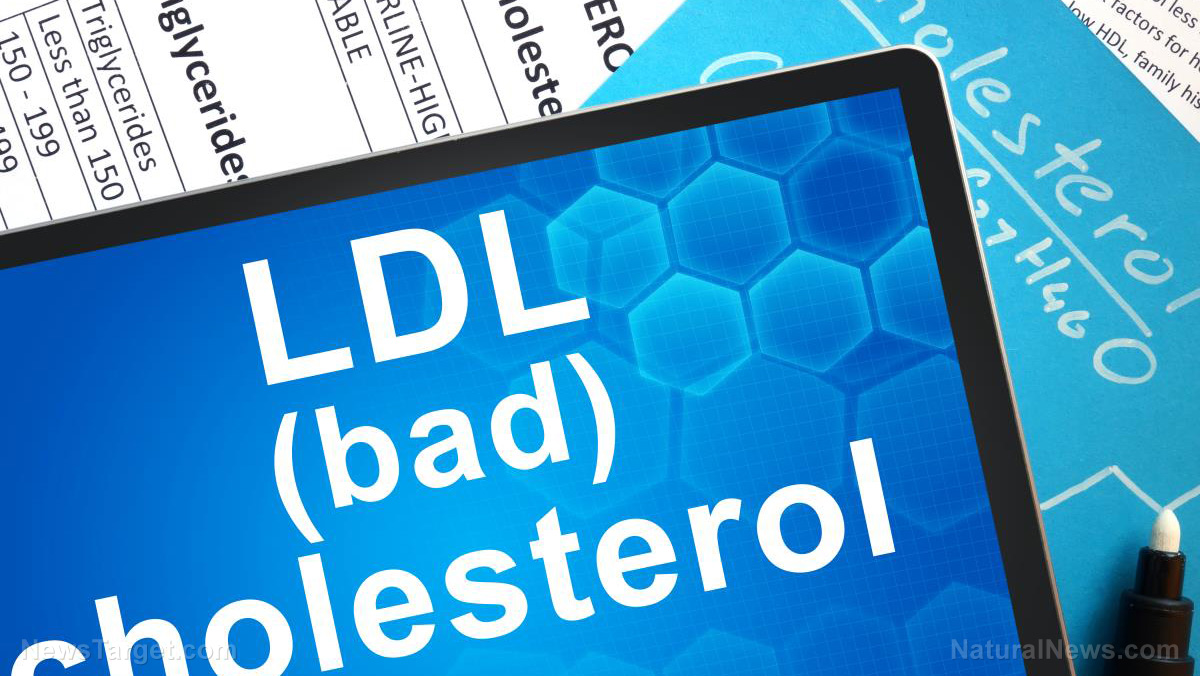Prescriptions of statins are missing the mark: New study finds they are being given to people who don’t need them, and not being given to people who do need them
11/06/2017 / By Russel Davis
Statins are being prescribed to and misused by patients who are otherwise at low risk of developing heart disease, according to a study carried out by the National Institute for Health and Care Excellence (NICE) in the United Kingdom. This indicates that the drugs are being given to people who do not need them, and not to patients who require the cholesterol-lowering medication, the experts have discussed in the British Journal of General Practice.
A team of researchers at the University of Birmingham have pooled data from 1.4 million patients over 40 years old in England and Wales as part of the study. The scientists have found that 217,860 started taking the drugs during the 15-year study period. The results have shown that more than one third of patients with the highest risk of developing heart disease have been given the drug. Likewise, 14 percent of patients with an intermediate risk have received the drugs.
However, about one-sixth of patients with significantly low risk of future heart disease have also received the intervention. The scientists have also estimated that up to six million patients who could have benefited from statins have not been given the treatment. Likewise, the findings have revealed that statin prescription has steadily picked up steam and peaked in 2006 when drug prices fell. According to experts, statins are relatively cheap and costs less than 30 British pounds a year. Health care professionals have expressed concerns on the “medicalization” of middle-aged patients and the prospect of dispensing statin prescriptions “just in case” an adverse medical event occurs.
“One in six statin initiations were to low-risk patients indicating significant overtreatment. The use of cardiovascular risk scoring should result in more targeted prescribing, but there is evidence both of undertreatment of high-risk patients and overtreatment of low-risk patients. It is not possible to establish whether those patients who were above the threshold to be prescribed a statin did not receive treatment because they were not offered it or because they declined an offer,” the researchers have reported in a Daily Mail article.
“Patients should be reassured that GPs are highly trained to prescribe statins…This study is interesting because it looks at possible overtreatment and undertreatment, but it simplifies the true situation because it does not include any information about individual patient preferences, other health conditions, or data that was not accurately coded in patient records,” adds Professor Helen Stokes-Lampard, chairperson of the Royal College of General Practitioners.
Statin misuse may lead to adverse medical conditions
Doling out statin prescriptions to patients who do not require them may lead to a host of adverse medical events. For instance, a study conducted by researchers at the San Antonio Military Medical Center in Texas has revealed that statin intake may raise the odds of developing cataracts by up to 27 percent. Likewise, statin misuse may lead to the onset of more serious conditions such as liver failure, impaired memory, rhabdomyolysis, and skeletal muscle damage.
An Australian study has also revealed that elderly women who take statins are at an increased risk of developing type-2 diabetes. A team of researchers at the University of Queensland has examined more than 8,000 elderly female pensioners and observed that those who have taken statins are 33 percent more likely to suffer from the disease. The scientists have also found that taking higher doses of statins may further increase the risk to more than 50 percent. (Related: STATINS WARNING: Cholesterol-lowering drug found to raise risk of diabetes by 50 percent in older women.)
“What is most concerning was we found a ‘dose effect’ where the risk of diabetes increased as the dosage of statins increased. Over the ten years of the study most of the women progressed to higher doses of statins. Those elderly women taking statins should be carefully and regularly monitored for increased blood glucose,” researcher Dr. Mark Jones has told Daily Mail online.
Sources include:
Submit a correction >>
Tagged Under:
Big Pharma, cataract, cholesterol, diabetes, disease risk, drugs, heart disease, heart health, overprescription, statin, statin misuse
This article may contain statements that reflect the opinion of the author
RECENT NEWS & ARTICLES
COPYRIGHT © 2017 STATINS NEWS




















